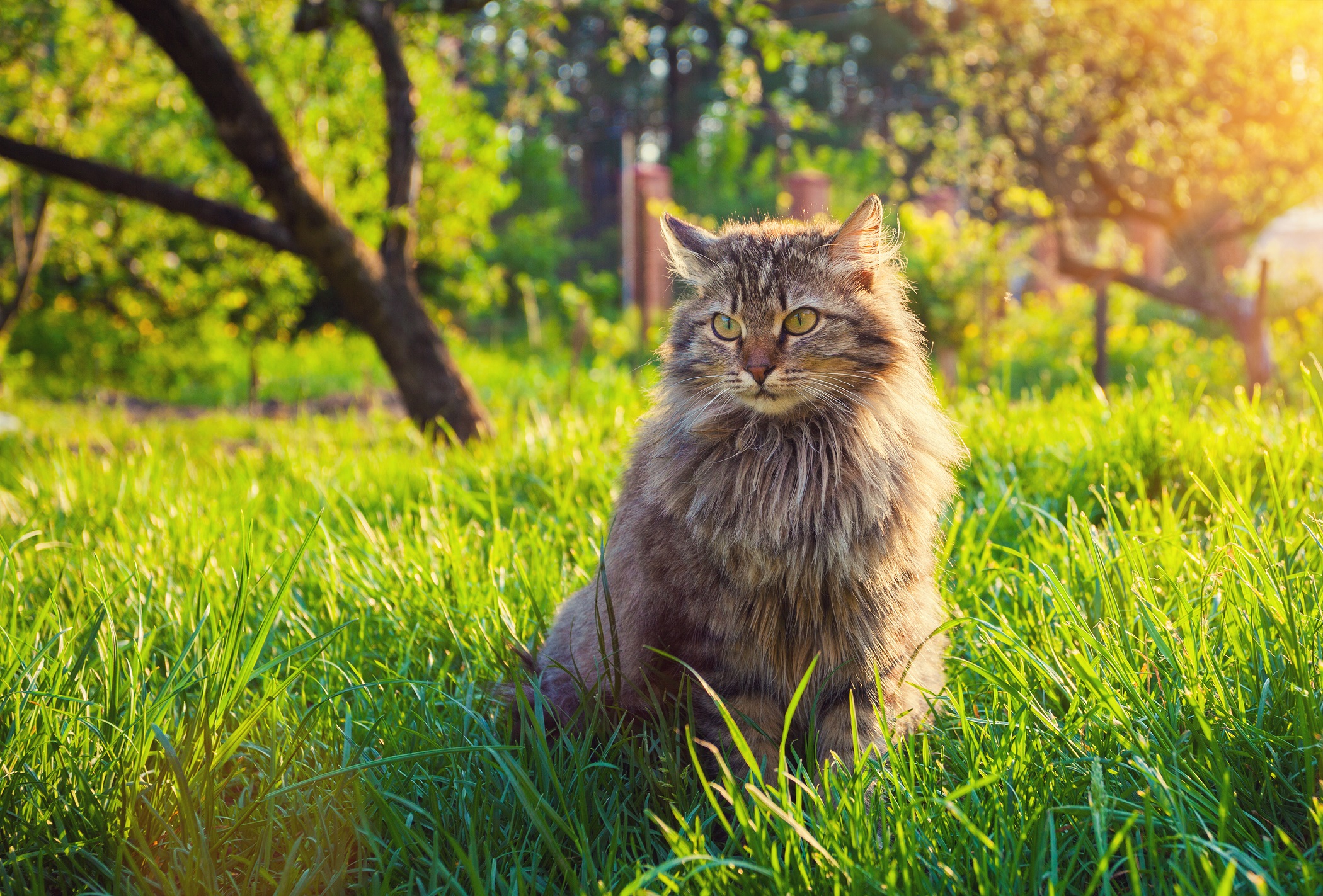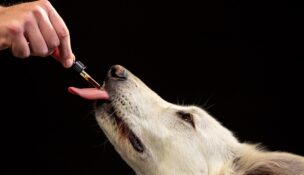New Study Finds Electronic Containment Systems Safe for Cats
Pet Age Staff //October 5, 2016//
A recent study has shown that animal welfare specialists at the University of Lincoln found no evidence of long-term wellbeing problems in cats after using electronic containment systems to restrict where pet cats can safely venture.
These findings have been welcomed in a statement released by the Electronic Collar Manufacturers Association (ECMA), a trade association established in 2004 to drive better regulation, set standards and Codes of Practice in the electronic collars industry, and improve products and training resources for the benefit of pets and their owners.
Angela Critchley, International Marketing Director at Radio Systems Corporation, owner of leading PetSafe Brand and Founding Member of ECMA, made a statement regarding the study.
“This is a significant new study for the industry and we hope it will pave the way for further important research,” Critchley said. “ECMA is committed to ensuring the well-being of pets through the regulated control and safe production of electronic collar systems, such as the ones used in this investigation, to deter animals from crossing a boundary, so it is encouraging to see independent animal welfare experts confirming their safety. Ultimately, these systems are designed to protect pets from life-threatening hazards such as road traffic, whilst providing them with the freedom to enjoy playing and roaming within a designated area which has been identified as safe by the owner. All members of ECMA continually strive to improve products and create innovative new solutions which will benefit both pets and owners. We encourage further studies using modern, ECMA approved products to further underpin the safety of pet containment systems.”
For the full press release from the University of Lincoln regarding the study, which was commissioned by cat charity, Feline Friends, please visit: www.lincoln.ac.uk/news/2016/09/1265.asp
For more information, visit www.ecma.eu.com.



















